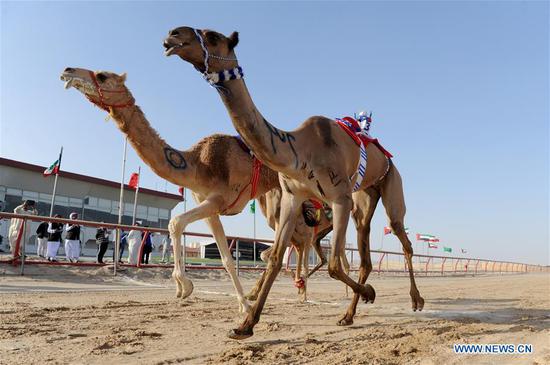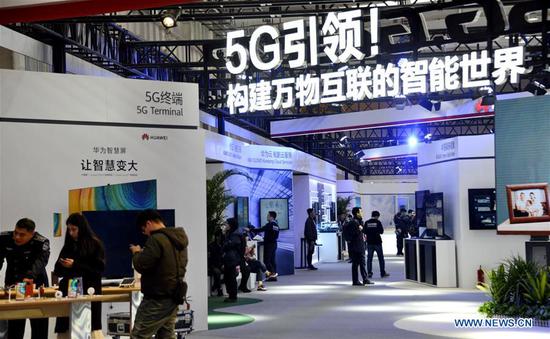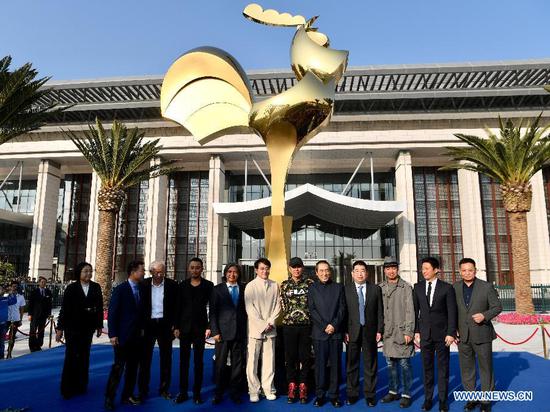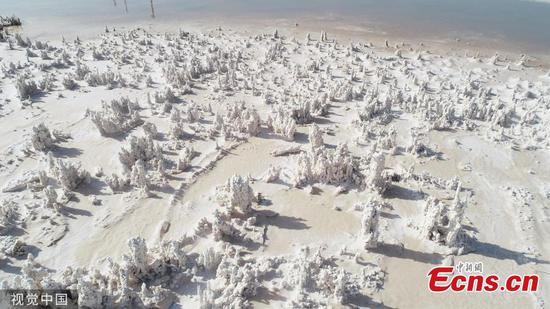Editor's Note: Yi Gang, governor of the People's Bank of China, said at a recent symposium that the country will continue to implement a sound and prudent monetary policy, strengthen counter-cyclical regulation, and strengthen structural adjustments to prompt the banking system to better serve the real economy and promote a virtuous circle of economic and financial development. 21st Century Business Herald comments:
His reaffirmation of a sound and prudent monetary policy is very important at a time when there have been mounting calls for easing credit from the real estate and capital markets in the context of rising economic downward pressures.
Some have even called for the macroeconomic policy to return to the era of maintaining growth, injecting more credit into the market to stimulate economic growth.
The October macroeconomic data indicates China's economy is under double pressure. On the one hand, the consumer price index rose 3.8 percent from a year earlier showing signs of inflation, on the other hand, the producer price index fell 1.6 percent showing signs of deflation.
Some scholars argue that the current price situation is deflation, not inflation, and the country should adopt a looser monetary policy, because it is the rocketing pork price that has caused the CPI to surge, and "we should not sacrifice the whole national economy just because of the rising price of pork".
Such a pork-driven "structural inflation" theory seems plausible, but the fact is it is not just pork but also almost all kinds of poultry products whose prices have shot up, increasing the burden on low-and middle-income people.
So, the central bank's warning against inflation expectations is based on past experience, given that at a time when people are thirsty for profitable investments, it is easy for the market to be filled again with speculation about certain commodities because of monetary easing.
Once monetary policy is loosened, it is easy for it to be interpreted as the authorities injecting liquidity into the market, which will lead to rising house prices and inflation, a phenomenon that has been repeated again and again in the past.


















































